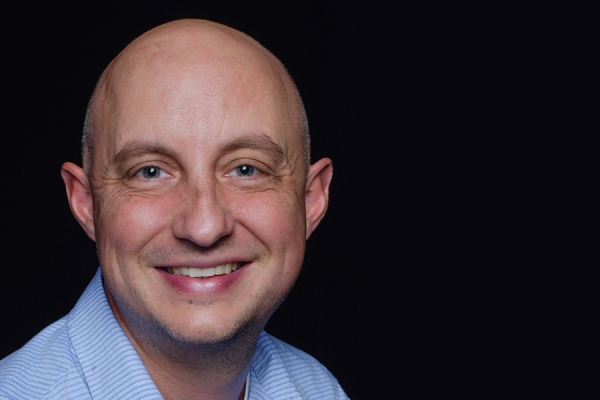 Local stakeholders will come together this week to discuss the urban issues facing Windsor and how the city is responding to them.
Local stakeholders will come together this week to discuss the urban issues facing Windsor and how the city is responding to them.
Local stakeholders will come together this week to discuss the urban issues facing Windsor and how the city is responding to them.
The Windsor Law Centre for Cities is partnering with the Canadian Urban Institute to host “CUI x Windsor,” the latest stop in a national, virtual listening tour that aims to learn about issues facing Canadian cities to then connect the dots across the country.
“The University of Windsor is proud to join the City of Windsor and many other local stakeholders in providing support for CUI x Windsor,” says Vincent Georgie, UWindsor acting associate vice-president external. “The conversations about good city-building that will take place over the three days are important ones for our community, and will have tangible community impact as we look to an inclusive and sustainable future for our region.
“CUI brings national expertise and leadership as facilitator of the event, and the Windsor Law Centre for Cities is a natural local partner.”
The series promises to strengthen the connective tissue within and across communities from coast to coast to coast, and seeks to invigorate conversations on the issues facing all cities, including affordable housing, climate action, talent attraction and retention, and active and public transportation.
The week’s events will include three open to the public:
- “Talking about my Hometown: the Windsor Diaspora Discusses the City they Love (But Left)” moderated by Dr. Georgie on Wednesday, June 16, 3:30 to 4:30 p.m.
- “Is this the Mid-Size City’s Moment? A conversation with Windsor’s new CAO Jason Reynar about governance, disruption, and seizing potential” moderated by Windsor Law professor Anneke Smit on Thursday, June 17, 4:30 to 5:30 p.m.
- “Future Windsor: Young People and their City” for Windsor youth moderated by CUI’s Lisa Cavicchia and UWindsor law student Princess Doe, Thursday, June 17, 6:30 to 8:30 p.m.
The Windsor Law Centre for Cities supports research, teaching, and public engagement on the legal and policy tools related to municipalities and local institutions. Director Anneke Smit notes that merging from the pandemic poses varied and multi-faceted challenges for cities.
“As both a research and teaching institution, we have important partnership roles to play in preparing to face these challenges as a community,” she says. “It is exciting to see UWindsor researchers and leadership participating in many of these dialogues in the coming days.”
For more information, including a list of partnering organizations and individuals as well as online registration, visit the CUI x Windsor webpage.




